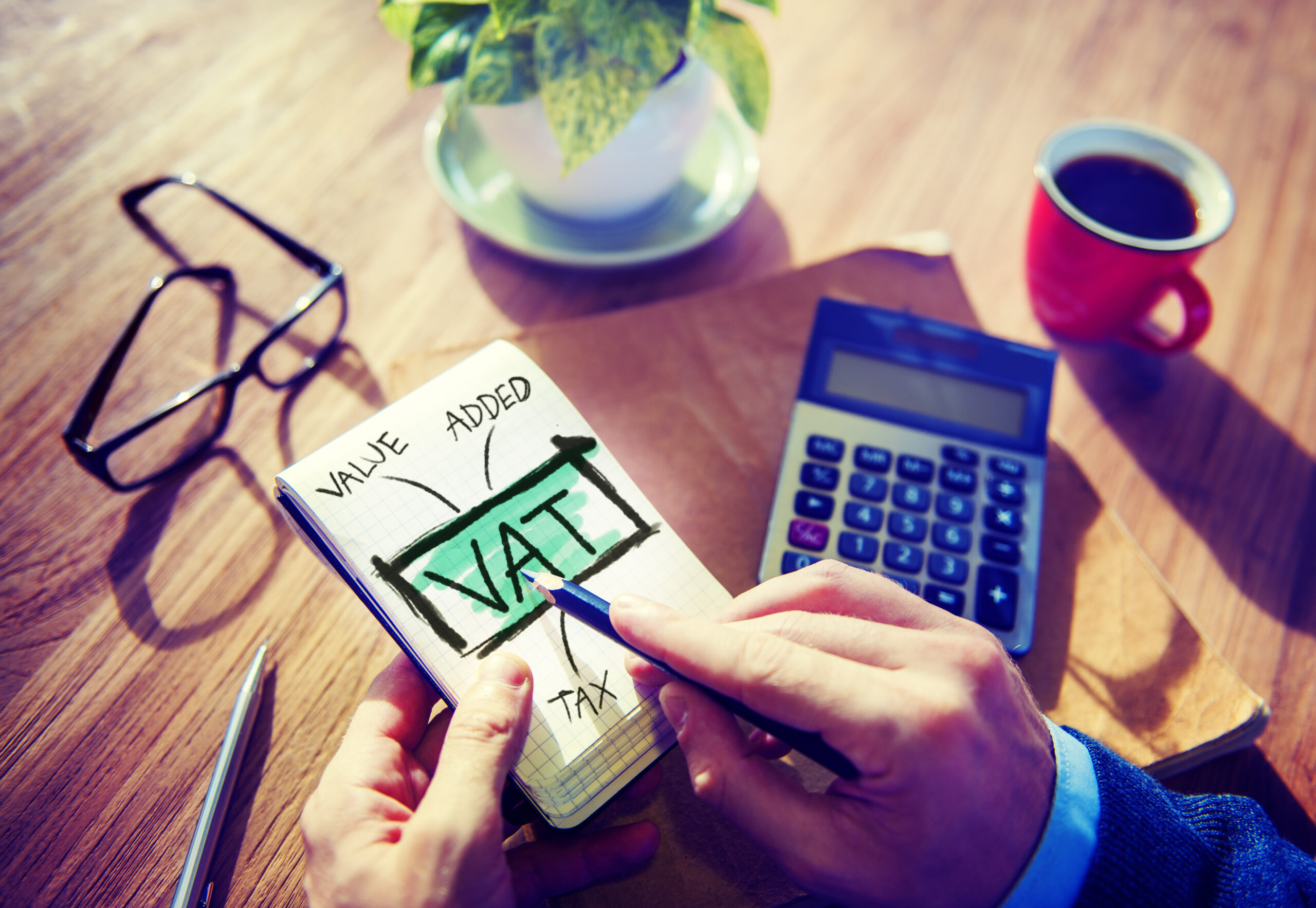How much tax does a Limited Company pay?

One of the most pressing questions that people have when they think about becoming a limited company, is how much tax does a limited company pay? This is especially common when you are thinking of moving from trading as a sole trader to a limited company.
There are significant differences in the way that limited companies pay taxes compared to sole traders, so let’s take a look!
But first of all, a bit of background.
What is a Limited Company?
A limited company is a type of business structure where the company has a legal identity of its own, separate from its owners (shareholders) and its managers (directors). That makes it very different to operating as a sole trader or being self-employed, where you and your business are considered the same legal entity.
Even if a company has only one individual involved with it and that person is the only shareholder and the only director, the company is still a separate legal entity – and this is an incredibly common set up for small businesses.
That means the company can enter into contracts, and be sued, in its own right. In the event that the company is sued, its directors and shareholders do not have to sell their own assets to pay the debt, unless, in the case of directors, they have been found guilty of wrongdoing or have given personal guarantees. Since the credit crunch, personal guarantees on debts for limited companies have become much more common, with most small business overdrafts requiring some form of personal guarantee.
This legal separation means that directors and shareholders cannot take money out of the company whenever they want. Money the company earns from sales belongs to the company, not to the individuals, and so limited companies usually engage with an accountant to make sure that they are taking money out of the company in the right way – usually through a combination of salary, dividends and Director’s loan account repayments.
The company must file accounts and a confirmation statement each year with Companies House. These are then available for public viewing.
The company must also file a Corporation Tax return with HMRC every year.

What taxes does a Limited Company pay?
Unlike sole traders and the self-employed, limited companies don’t pay income tax and National Insurance. Instead, they pay corporation tax on their profits (income less allowable expenses). The rate of corporation tax is set by the government each year, and the corporation tax year runs from the 1st April to the 31st March every year.
A limited company may have its year-end at any month during the year, and so in some years, if the corporation tax rate has changed, they may pay corporation tax at two different rates.
When do you pay limited company tax?
Limited companies pay corporation tax once a year. Corporation tax is a tax on the profits made by your business over the financial year. It must be paid nine months and one day after your business’s accounting period ends.
It is up to the directors of the limited company to calculate the tax liability of the limited company. Just like income tax for sole traders, corporation tax is a self-assessment tax – i.e. you need to calculate it and report it yourself to HMRC.
HMRC can check and investigate your calculations to make sure that they are correct and that you’re paying the right amount of corporation tax.
Are there other taxes to pay?
Although your limited company will pay corporation tax at whatever the corporation tax rate currently is, there are other taxes that need to be considered too.
VAT
VAT (value added tax) is a sales tax that is charged on top of the price of most products and services. Some products and services are exempt from VAT, but most limited companies who are VAT registered will charge the standard rate of 20%.
If your limited company has an income that exceeds or is expected to exceed the VAT threshold, (which is currently £85,000 annually) then you must register for VAT.
If your company earns over the VAT threshold and you do not register, you run the risk of being fined by HM Revenue and Customs (HMRC). It is important to be aware that the VAT threshold changes and so we recommend that you check the threshold each year on the HMRC website to see whether you are over or under the amount. Once you are VAT registered you must charge VAT on your services or any products that you sell.

PAYE and National Insurance
Even though a limited company doesn’t pay income tax and national insurance contributions as an entity itself like someone who is self-employed might, it is still a tax liability that you’ll incur if you employ people or put a salary through for yourself as a director.
PAYE (Pay As You Earn) is the standard method for ensuring your employees pay the right amount of income tax and National Insurance (NI). Under PAYE, tax and NI is deducted from pay packets before they’re issued, so each employee receives a net amount and doesn’t have to pay any further tax on that income.
But as an employer, you have to pay employers national insurance contributions on their salary on top of acting as an unpaid tax collector for HMRC!
If you are paying yourself a salary as a director of your limited company, then you should speak to an accountant to make sure that you’re not inadvertently paying more tax than you need to pay, which can be easily done if you don’t have a handle on how limited companies and their owners need to structure their tax.

Personal Tax
A limited company doesn’t pay personal tax and national insurance contributions directly, but if you are the director and shareholder of a limited company, you’ll need to consider your personal income tax position when you operate through a limited company.
Just like a sole trader, limited company directors need to complete a self-assessment tax return each year to declare their income.
Your personal tax bill will be calculated by taking into account your salary and the tax and national insurance that you’ve already paid, and then items that you have not paid tax on yet – like dividend payments. Every individual has a personal allowance with which they can earn a certain amount of money tax free – an accountant will make sure that your personal allowance is used in the right way to ensure that you’re not paying moe income tax than you need to pay.
What are dividends?
A dividend is a sum of money that a limited company pays out to someone who owns shares in the company, i.e. a shareholder. Tax on dividends is paid at a rate set by HMRC on all dividend payments received.
Dividend payments can be made to shareholders of a company when the company has enough profits after corporation tax to distribute. Yep, HMRC always have to get their slice first!
Working out tax on dividends
How much tax you pay on dividends above the dividend allowance depends on your income tax band for that tax year.
The rates are currently as follows (2022/23)
Basic rate – 8.75%
Higher rate – 33.75%
Additional rate – 39.35%
Dividend income is taxed 0% for the first £2,000, no matter what other non-dividend income a person has.
So how much tax will I pay as a limited company?
In short – it’s hard to say! As you can see above, there are many factors to consider when it comes to limited companies and their tax!
Your profits, turnover and how you pay yourself from the company will dictate the mix and amount of income tax, company tax, and your overall tax liability as a business.
When it comes to what limited companies pay, we always advise that you’re best off speaking to an accountant.
A good accountant will make sure that your mix of income tax and business tax is optimised to ensure that you’re paying the right amount and are getting the most bang for your buck from your taxes!
They’re fees will almost certainly be less than the tax, time and stress they save you too.







